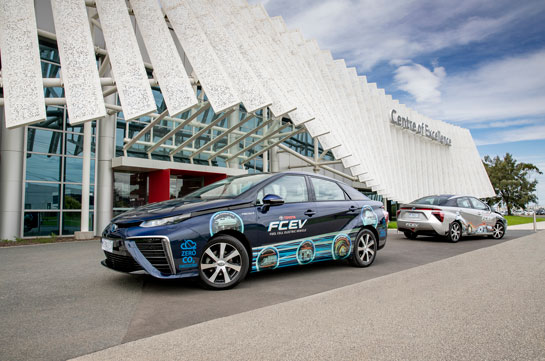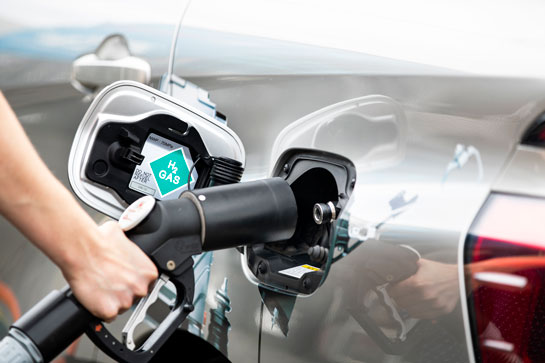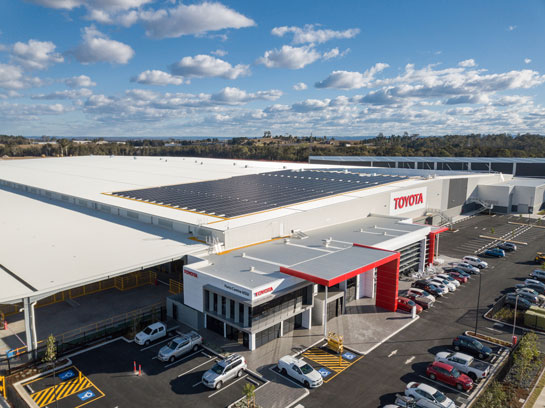Toyota establishes hydrogen foothold in Australia
- PostedPublished 24 July 2020
Toyota Australia has opened the first stage of its new Hydrogen Centre, which is based at the Toyota Centre of Excellence in Melbourne.

The inaugurated section of the new facility, which was opened on the 50th anniversary of the Earth Day environmental movement, is an education centre. It will teach visitors about the potential of hydrogen power and also serve to demonstrate its capabilities, in both transport and wider energy production roles.
Future additions to the $A7.4 million centre, of which $A3.1 million has come from the Australian Renewable Energy Agency (ARENA), will include a sustainable hydrogen production plant. This will be backed by a storage facility and a refuelling station, which is due to be completed before the end of 2020.

“Targeting CO2 emissions is a major goal of the global Toyota Environment Challenge 2050,” said Matt MacLeod, manager of future technologies and mobility for Toyota Australia. “For the longer term, we are committed to developing and promoting hydrogen as a viable fuel for zero-emission transport as well as playing a larger role in the broader energy economy.”
As part of its Environment Challenge, Toyota is aiming to reduce its 2013 global CO2 emissions level by 35 per cent by 2030. Hydrogen fuel cell technology, in automotive and mainstream power generation applications, is still in its comparative infancy – but vehicles such as the low-volume Toyota Mirai FCEV (Fuel Cell Electric Vehicle), which emit nothing but water vapour, could play a significant part in the company’s drive to reduce emissions.

In the interim, an increased range of petrol-electric hybrids is helping curb Toyota’s global emissions. It now offers eight models with hybrid powertrains in Australia, which together accounted for almost a quarter of sales in the first quarter of 2020, and a new Yaris Hybrid is due later this year.
Toyota has additionally increased its use of solar power at many of its sites in Australia, which is reported to have cut CO2 emissions by 8835 tonnes. Its parts facility in western Sydney, which has a 605kW solar array, is on track to be a zero CO2-emission facility by the end of 2020.

A $A300 million commitment by the Clean Energy Finance Corporation, which is earmarked for hydrogen development projects, has also been welcomed by Toyota.
In particular, it is hoped that the government support will help establish production and supply chain systems, which are crucial to making hydrogen viable for consumer and commercial users alike.
- CategoriesIn Latest News
- TagsHydrogen

